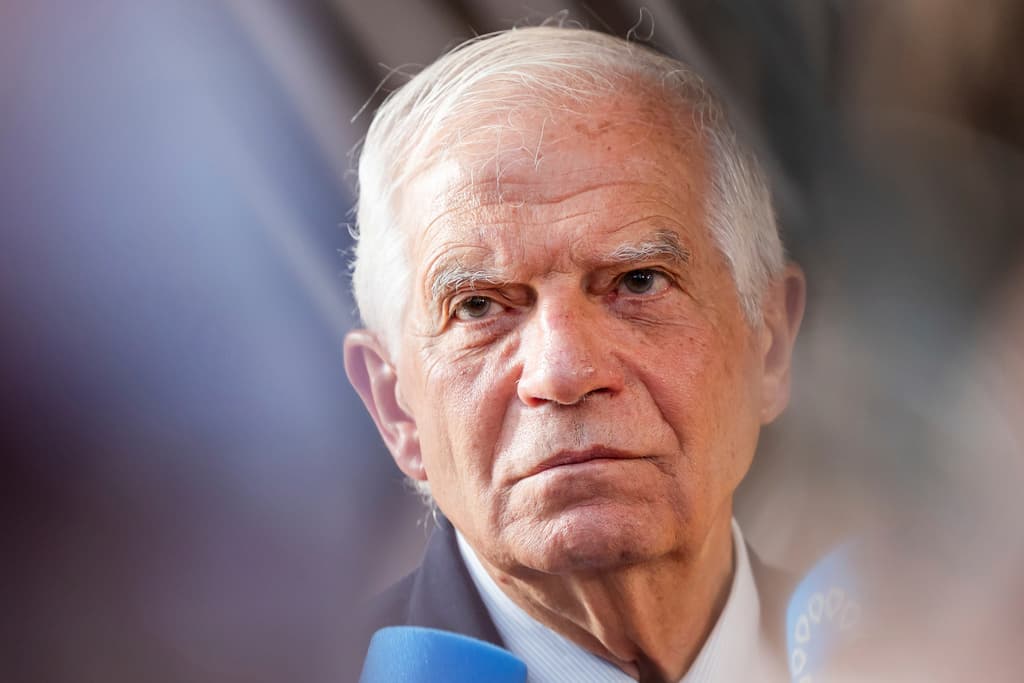Hungary's criticized actions as EU Council presidency get further consequences.
The EU's foreign policy chief Josep Borrell moves the next foreign ministers' meeting from Budapest to Brussels.
Already on his way to Monday's meeting with the EU countries' foreign ministers, Borrell was sharply critical of both Prime Minister Viktor Orbán's "peace trips" to Russia and China and of Foreign Minister Péter Szijjártó's speech in the UN Security Council, where he accused the rest of the EU of "driving the war".
At the press conference afterwards, he adds even more.
The only one who is for war is (Russia's President Vladimir) Putin, who demands Ukraine's surrender and division. If you want to talk about a war party, talk about Putin – not about the EU, says a clearly irritated Borrell.
Meeting moved
A direct consequence is that the foreign policy chief is now moving the foreign and defense ministers' meeting that was to be held in Budapest, Hungary, at the end of August.
There was a pretty big split (inside the meeting). Some wanted to go to Budapest, others didn't want to, and some said it's up to the foreign policy chief to decide, he explains.
So after listening to everyone... I had to make a decision. We must send a signal, even if it's symbolic, explains Borrell.
"Childish"
Hungary received partial support from Slovakia at Monday's meeting and does not seem to want to back down in the increasingly infected dispute with the EU Commission.
"Hungary was met with aggressive, war-mongering hysteria over its peace mission", writes government spokesperson Zoltan Kovacs on X and announces that Foreign Minister Szijjártó calls the meeting move "childish".
At the same time, Hungary is holding fast to its blocking of the EU's military support to Ukraine, which means that other member states are forced to wait for promised compensation.
It's shameful, says Borrell.
The EU countries' foreign ministers hold regular meetings in Brussels or Luxembourg almost every month. Once every six months, they also meet in an informal meeting in the country that is currently holding the presidency of the Council.
The informal meetings are called Gymnich meetings, after a castle southwest of Cologne where the then EG countries' foreign ministers met in 1974.
The Gymnich meetings have in recent years often been held together with an informal defense ministers' meeting at the same location. Regardless of which country is holding the presidency, both meetings are always led by the EU's foreign policy chief.






